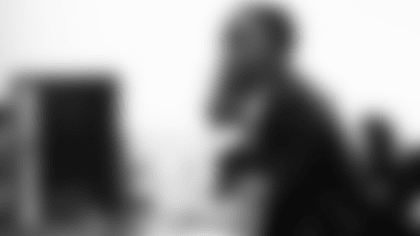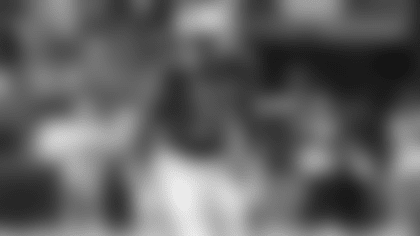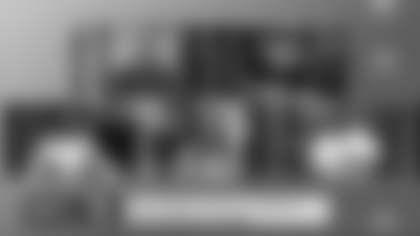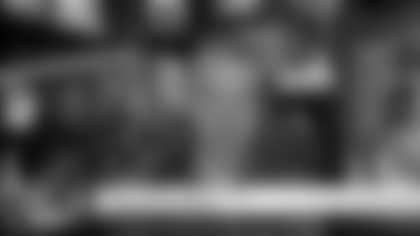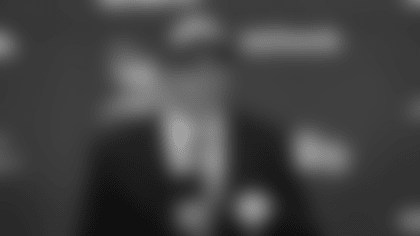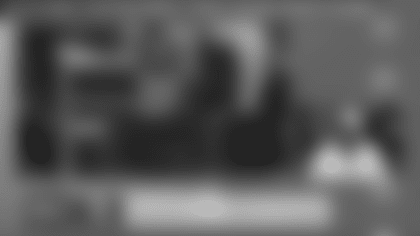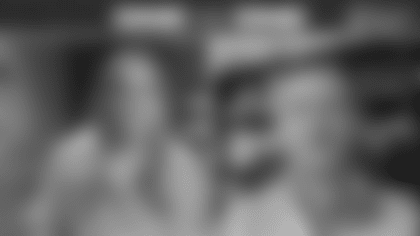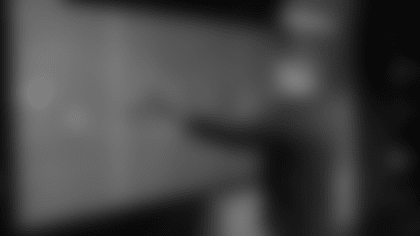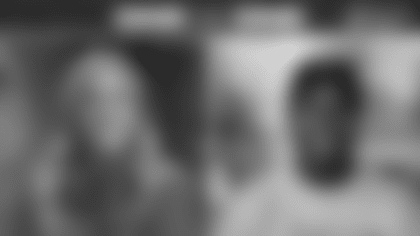EAGAN, Minn. — It seems the whole football world saw the missed pass interference call with less than two minutes remaining in the fourth quarter in January's NFC title game between the Saints and Rams.
As a result of the play, the NFL implemented a rule change in the offseason that allows pass interference to be reviewable, even if a flag isn't thrown.
Almost eight months later, the new rule played a significant role in the Vikings Week 2 game against the Packers, as Minnesota had a touchdown taken away in the second quarter.
On Monday, a day after a 21-16 loss, Vikings Head Coach Mike Zimmer was asked how the rule change has impacted the NFL two weeks into the 2019 season.
"I think maybe they decided that they were going to fix the play in the (2018 NFC) Championship Game, and there's been some unintended consequences from it," Zimmer said. "That's how it is. Just got to play by the rules and do what we're supposed to do."
In a game where offensive pass interference was called four times (with three coming against Minnesota and one being called on Green Bay), perhaps the most notable instance was when the Vikings had a touchdown catch by Stefon Diggs wiped off the board.
Here's a look at how each of the four calls impacted the Week 2 tilt at Lambeau Field:
Call No. 1: Offensive pass interference on Dalvin Cook on Diggs' 3-yard touchdown catch with a little over a minute left in the second quarter. Although there wasn't a flag thrown on the play, the replay official in the booth called for a review. Officials ruled that Cook had committed offensive pass interference by making contact with a defender more than 1-yard beyond the line of scrimmage.
The result: Instead of cutting the score to 21-13, and possibly 21-14 after the ensuing extra point, Minnesota faced first-and-goal from the 13-yard line. The Vikings couldn't convert and settled for a 31-yard field goal by Dan Bailey that made it 21-10.
The reaction: Zimmer said Monday that he still disagreed with the ruling.
"I think it was a bad call," Zimmer said. "It got replayed. I still think it was a bad call. [Cook] was not trying to block anybody. He was trying to get out of the way.
"The official on the sideline was talking to me. He kept saying the second guy through. He didn't say what number," Zimmer later added. "He didn't say who it was, so I didn't understand really what he was saying. Technically, he was not the second guy through so, I don't know."
Cook said after the game that he didn't know the eventual penalty would be on him. Diggs opined after the game that Cook was pushed into the defender, which led to the nullified score.
"On the replay I saw he got pushed initially and he made contact with the second defender," Diggs said. "I ain't the ref, and I don't call the flags. I have to look at the rulebook. They didn't say [anything]. We just have to eat it."
While that was the only pass interference call where a flag wasn't thrown, there were three other instances where players were called for offensive pass interference.
Call No. 2: Offensive pass interference on Diggs late in the second quarter on his 15-yard reception with less than 30 seconds remaining.
The result: Diggs' catch would have put Minnesota just inside Packers territory. The Vikings could have either spiked the ball or burned their final timeout, with the hope they could gain another 15-20 yards and get into Bailey's range for a field goal to cut the deficit to one score. Instead, with the Vikings facing first-and-20 at their own 27, they ran a run play that went for 2 yards and ended the half.
The reaction: Diggs, as expected, wasn't pleased with the call. He had a conversation with the officials as he headed toward the locker room at halftime.
"I feel like they went the extra mile this game trying to emphasize [offensive pass interference] as a whole," Diggs said in the locker room immediately after the game. "We just have to watch the tape and try to figure out what's what. I don't know the calls anymore.
"I asked him at halftime … they said you can't close fists, use your shoulder, extend at all," Diggs said.
Call No. 3: Offensive pass interference on Adam Thielen on a deep pass in the end zone from the Packers 42-yard line.
The result: Thielen couldn't haul in the deep ball, and his 10-yard penalty forced the Vikings into a first-and-20 at their own 48-yard line. But the Vikings struck back a few plays later, as Kirk Cousins hit Diggs for a 45-yard touchdown.
The reaction: After the game, Thielen didn't indicate whether or not he thought he agreed with the penalty.
"Just trying to make a play on the ball. That stuff happens," Thielen said. "Obviously, you don't want to have PI on you, but just trying to make a play on the ball."
Call No. 4: Offensive pass interference on Packers tight end Jimmy Graham a few minutes into the fourth quarter.
The result: Green Bay led 21-16 and was trying to increase its lead. The penalty, plus a later one on the Packers a few plays later, forced Green Bay to punt after a third-and-28 situation. The Vikings drove the field on the ensuing drive but Cousins threw an interception in the end zone.
The reaction: While this was the only offensive pass interference call on the Packers, as Graham was whistled for pushing off, Zimmer likened it to the call on Diggs that the wide receiver disagreed with at the end of the first half.
"If you extend your arm, you're going to get called," Zimmer said. "That hasn't changed one bit. It's never changed.
"If you go out there and you extend your arm, you're going to get called. That's the rule," Zimmer added. "There is no gray area with that whole thing. It's been the same way for a long time."
All in all, Zimmer said the communication between himself and the officials on the sideline during games has been smooth.
Like any given coach, however, he just disagrees with some of the calls they made Sunday in Green Bay.
Yet as the NFL works through the new rule that allowed pass interference to be reviewed, even if it wasn't called, Zimmer said he would like to see some consistency in the calls on the field.
"I'm just sitting up there watching some tape right now, and there was some offensive pass interferences that they missed in the game that I'm watching [in my office]," Zimmer said. "They need to start being more diligent with what they're doing."




